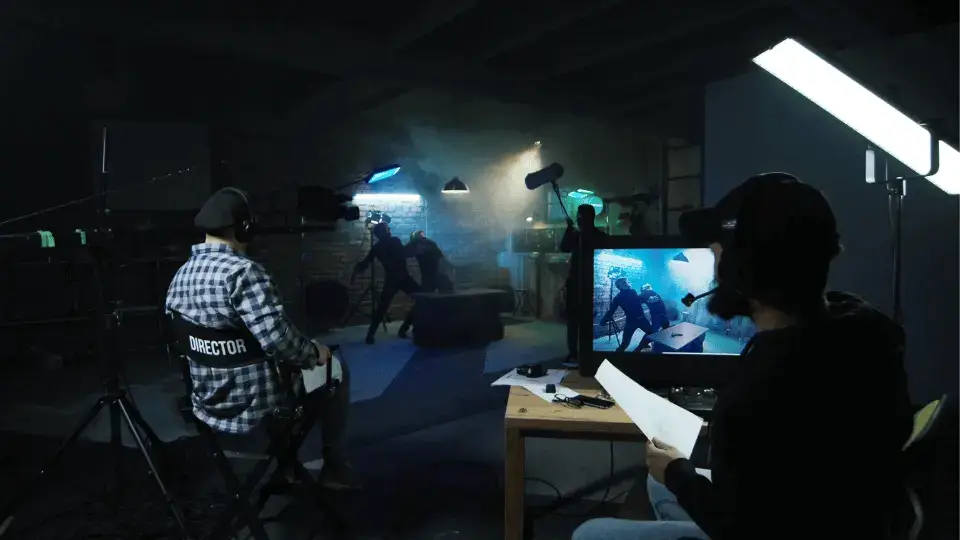Film archivists are responsible for preserving and safeguarding historical film footage and other audiovisual materials. They play a vital role in ensuring that important pieces of history are not lost and can be accessed by future generations. If you have a passion for film and history, becoming a film archivist may be the perfect career for you. In this article, we will explore the essential steps you need to take to become a successful film archivist.
Step 1: Get a Bachelor’s Degree
The first step in becoming a film archivist is to obtain a bachelor’s degree in film studies, history, library science, or a related field. A degree in film studies will provide you with a strong foundation in film history, theory, and criticism, as well as an understanding of the technical aspects of film production and preservation. A degree in history will provide you with a broader understanding of historical context and research skills, which are essential for working with archival materials.
Step 2: Gain Experience through Internships or Entry-Level Positions
After completing your bachelor’s degree, it is important to gain experience through internships or entry-level positions. Many archives and libraries offer internships that provide hands-on experience working with archival materials. Entry-level positions may include working as a library assistant or a film preservationist. These positions will give you the opportunity to work with archival materials and learn about the preservation process.
Step 3: Obtain a Master’s Degree in Library Science or Archival Studies
While a bachelor’s degree is sufficient for entry-level positions, obtaining a master’s degree in library science or archival studies is essential for advancing in the field. A master’s degree will provide you with a deeper understanding of archival principles and practices, as well as the technical skills needed for the preservation of audiovisual materials.
Step 4: Attend Professional Development Workshops and Conferences
To stay current with the latest trends and best practices in the field, it is important to attend professional development workshops and conferences. These events provide opportunities to network with other professionals in the field, learn about new technologies and preservation techniques, and stay up-to-date on industry standards.
Step 5: Obtain Professional Certification
Professional certification is not required to work as a film archivist, but it can be beneficial for career advancement. The Academy of Certified Archivists offers a certification program for archivists, which requires passing an exam and meeting certain education and experience requirements.
Key Takeaways:
- To become a film archivist, you will need to obtain a bachelor’s degree in film studies, history, library science, or a related field.
- Gaining experience through internships or entry-level positions is essential for advancing in the field.
- Obtaining a master’s degree in library science or archival studies is necessary for career advancement.
- Attending professional development workshops and conferences is essential for staying current with industry trends and best practices.
- Consider obtaining professional certification through the Academy of Certified Archivists.
If you are interested in pursuing a career as a film archivist, consider taking the NYU Film and TV Industry Essentials online course and certificate program. This program provides a comprehensive overview of the film and television industry, including the history of cinema, the production process, and the business of film. It is a great way to gain a deeper understanding of the industry and to prepare for a career as a film archivist.








